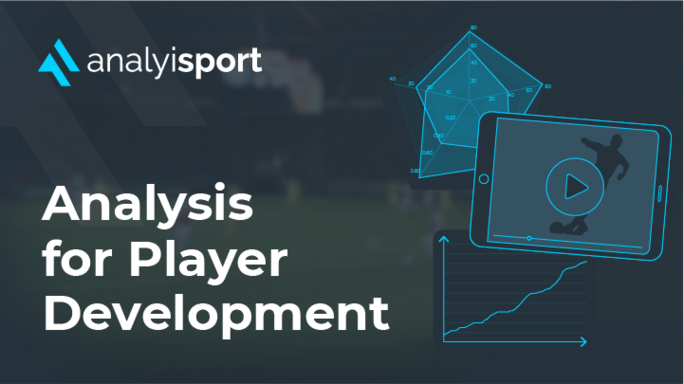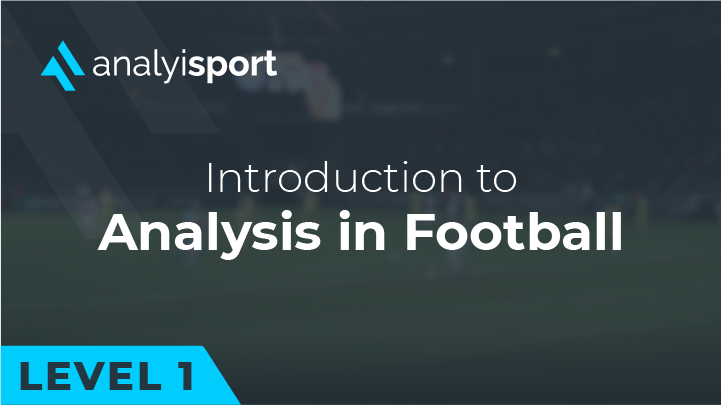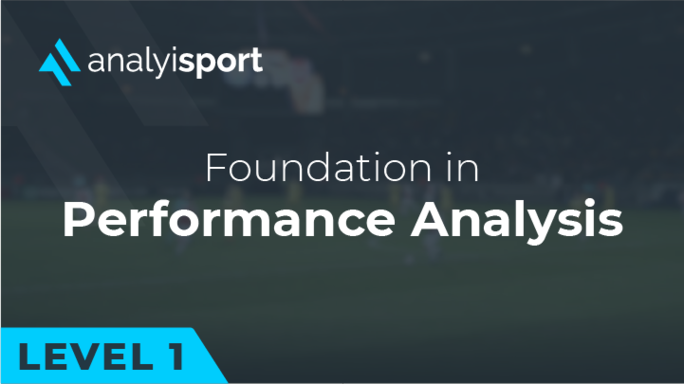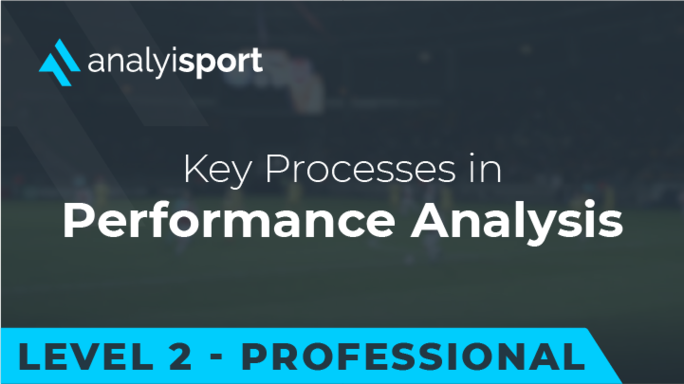Do Football Clubs Hire Data Analysts?
Do Football Clubs Hire Data Analysts?
Data, or information, is important to businesses. The data that we all generate has a value to businesses and organisations. Data can include many things, it could be something that you purchase in a shop, online or the number of clicks that it takes you to buy something online.
Increasingly data has a value within sport, not just football. Clubs are looking for marginal gains, areas where they can get a competitive advantage and this is not just at first team level. Clubs are looking to deploy their data strategy across their entire organisation.
Data analysis is a growing part of the modern game, used to provide information to managers, coaches, players and other important staff/board members when making decisions for the club.
Data creates value. It is important because it can be stored, reviewed and analysed. The output is now used throughout an entire organisation. This can include scouting transfers, opposition analysis, player analysis and squad/tactical analysis. The typical view of player data is that its use is primarily used on the playing side, yet increasingly this data is used to improve commercial decisions.
Data analysts are important to football clubs as data is only valuable if it’s analysed to gain insights. Manually analysing data takes a lot of time and effort. This is becoming unfeasible with the high volumes of data available.
The use of data analysts who can use the various data analytics tools on the market are invaluable. These can help to quickly analyse large amounts of diverse data. The software available ranges from simple spreadsheets to specialised software designed for a specific solution.
Do football clubs hire data analysts
The amount of data analysts being hired by football clubs has risen exponentially, and this is now seen as a priority position for clubs to invest in.
Data has driven and aided player recruitment, performance analysis (such as opposition analysis and tactical analysis), and strategic planning. Clubs can look at past data to plan for the future. Instead of guessing, decision-makers will have facts to back up their important strategic decisions. This can help them to adapt quickly in dynamic circumstances
Many clubs are now adopting models that are data driven. The new ownership at Chelsea has moved to a data driven recruitment model and in Europe, Toulouse committed to a data-based approach after they were taken over by American investment firm RedBird Capital.
Tony Bloom of Brighton has received a lot of praise as the Brighton chairman, who prioritised data driven decisions, especially in the transfer market.
This has led to Brighton signing players at below market price, developing their players and providing them with the platform to excel, before selling players for exceptional prices.
Tony Bloom and CEO Paul Barber have created a strategy where “at any one time in Barber’s office, there’s a list of 25 key positions on and off the field at Brighton”
Brighton are always prepared with their data driven approach, to replace existing players with similar fits for their squad needs.
How Much Does a Football Data Analyst Earn?
The national average for a football data analyst varies and at time of writing (Sept 23) is between £25k-£49k.
The average salary for a data analyst in the football industry within the UK varies depending on location and other factors including size of the club, the level of the league that the club is playing in, and the experience of the analyst.
Glassdoor also states that a Senior Analyst earns £51.270 per year.
Where Can I Find a Job As A Football Data Analyst
When looking for a job in data analytics within football, there are specialised football recruitment websites including Jobs in Football, Futbol Jobs and the email newsletter Freelance Football Opportunities.
You can also find guidance and advice on how to get a job in football analytics on various websites and podcasts.
Linkedin and Indeed are other platforms that post job listings, and it is worth checking these regularly too for opportunities.
Clubs also have their own job portals. You might be able to register for job alerts and details of latest opportunities. Clubs are now looking for employees right across their business and not just within the first team. There are roles to fill within the academy and also football in the community programmes. Several football and non-football opportunities are available at clubs in the UK and Worldwide.
Having a background in football is helpful, but not always required when looking to become a data analyst in a football club.
Of course the benefits of having football knowledge and experience is an asset, as you have the understanding of the game to be able to contextualise the data being gathered.
If you have a good understanding of the tactical aspects and performance aspects of the game, it allows you to use the data more directly, such as suggesting tactical changes and player recruitment for the system.
Becoming a Data Analyst for a Football Club
The typical route to becoming a Data Analyst in football is through sports/football based courses which can include a placement year within a club.
Generally a placement is called an internship, which is the position of a student working in an organisation (in this case a football club), in order to gain work experience or gain their qualifications.
There are other routes into the industry, such as voluntary roles to gain connections which can then lead to permanent roles. This also leaves you with invaluable experience working within a club, which is something commonly sought after from hiring clubs.
When clubs are looking to hire analysts, the main qualities they will be looking for are analysis skills, research skills, good communication and an ability to present the information whether that be verbal or written.
These skills make an analyst more desirable to a club, and are well sought after in the analysis field.
When searching for a job to become a data analyst in football, you should look to connect with as many people in the industry as possible, ask for advice and seek opportunities (even if they start out voluntary/unpaid).
Responsibilities of a Data Analyst in Football
Data Analysts have many responsibilities, including performance analysis, player scouting, match analysis, injury prevention, and strategic planning.
The data analyst would build a data driven case on these certain topics, for example when player scouting, the analyst would compile a file of the data on a player, which could then be given to members of the scouting team to compare to their scouting work on that player.
One of the key responsibilities for a data analyst is communicating with the other members/departments within the club.
Each department will require certain data for their work, whether that be recruitment teams wanting data on player scouting, the coaching staff wanting data for match analysis or even the medical staff wanting data based on certain players injury records etc.
The creation of an accurate and detailed report is a key part of an analyst, they are a key part of the backroom staff at most professional clubs.
The Future of Data Led Projects
Data analysts are becoming more and more desired in the football industry, as many top clubs are opting towards data led projects.
The growth of data analysts is not only at the top level of the game, as many non-league clubs are now also finding the budget to hire data analysts to help aid their team.
The more data analysis progresses, the more jobs become available, and we are now seeing an emphasis on the hiring of data analysts from the top levels of European football, right down to the conference (non-league) leagues.
Related Courses:
Share this article
Our Learning Pathways
AnalyiSport is for everyone who is passionate about analysis in football. Where are you in your development journey?
Become a Football Scout
As more clubs than ever look to build data into their recruitment process, an understanding of recruitment analysis is your ticket to success in the game.
Related Articles
Our team provides news and insights from the cutting edge of football analysis.







